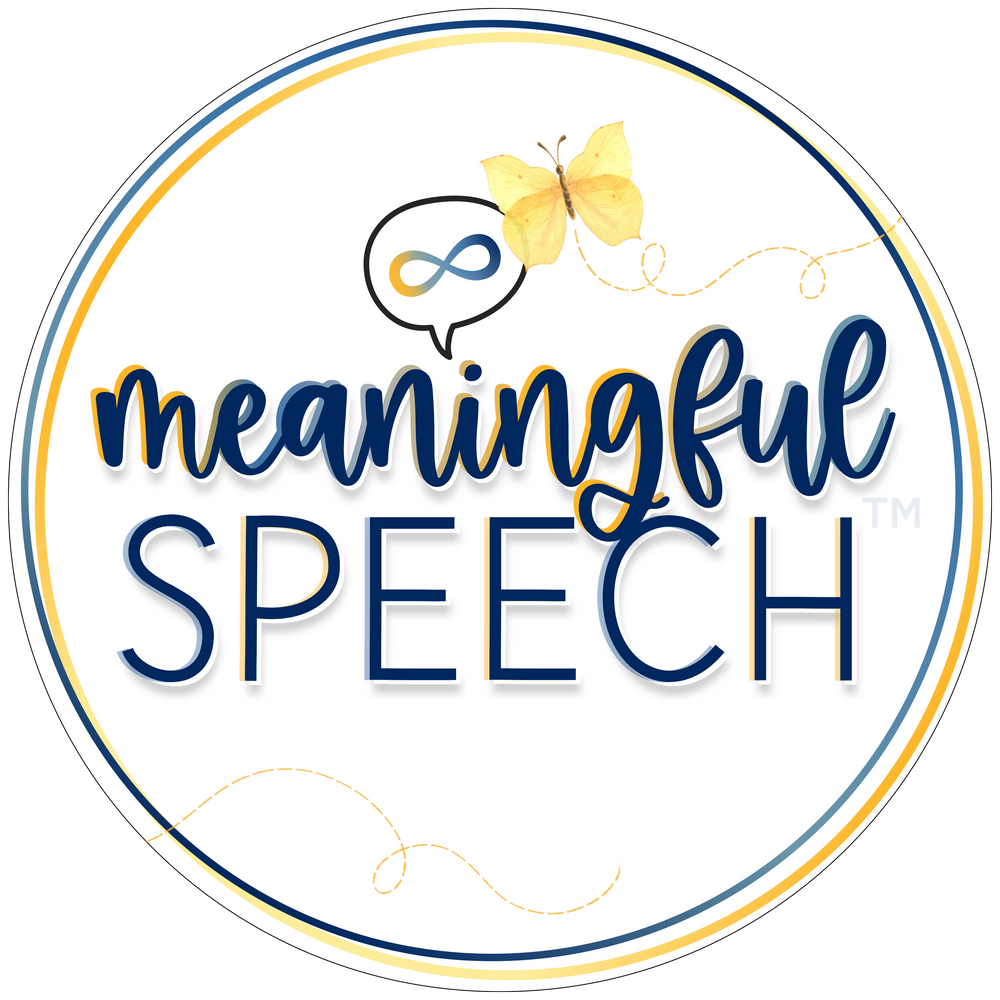Doing the “detective work” with gestalt language processors
Feb 28, 2024
Gestalt language processors have wonderful episodic memories and their gestalts often have an experience tied to them and are acquired at times of high emotion. Most gestalts/scripts cannot be taken literally and seem out of context to the communication partner. However, while they may often seem out of context to us, they all have meaning. Once we do the detective work and we really investigate, we can see that they’re all in context for the child and they apply to the situation.
Why is it important to do the “detective work”?
Doing the detective work allows us to better connect and support gestalt language processors and their language development. It allows us to model language that is more likely to be meaningful to the child and what they want to communicate when choosing potential gestalts to model.
For example: When we hear a gestalt: “Let’s get out of here!” It could mean: “I’m so scared!” or “It’s time to go.” or “Let’s do something different.”
If we didn’t investigate the meaning behind this gestalt, we may not acknowledge it in the way the child intended us to, or model more potential gestalts that are meaningful.
How do we do the “detective work”?
- Connect with family and those closest to the gestalt language processor. They know the child best and may be able to provide you with gestalts the child currently uses, where it was picked up from and the potential meaning. If they’re not sure, they may be able to steer you in the right direction of where to look.
- For example: You’re evaluating a new client who you suspect is a gestalt language processor. You reach out to their parents and are able to generate a list of gestalts the child is currently using, the source (if known), and meaning (if known). This allows you to have a better idea of the child’s language and stage they might be in. We created intake forms for clinics or schools that include gestalt tracking forms to help you get all the information you need to do the detective work.
- Check out the media, books, songs, etc. that they’re interested in. Find out what the child is watching or interested in and tune in to see if you can find the gestalts they’re using.
- For example: You know the child you’re supporting loves the show Bluey and they use the gestalt, “we'll have to land on the moon and fix the ship!” Since you know the child loves Bluey, you search for Bluey episodes and find one on space and are able to locate the context the gestalt was picked up and understand what the child may be trying to communicate.
- Use free online resources that help you find media clips. There are websites that allow you to put in quotes (in this case the child’s gestalt) and it will pull clips from media that include that quote.
Want to learn more in-depth information about how to support gestalt language processors?
1. There are many free podcasts, webinars and articles to get you started. A comprehensive list of resources can also be found on our website.
2. Consider taking the Meaningful Speech course to learn more about how your child or client processes language, how you can help support them from echolalia to self-generated (original flexible) language, child-led therapy, and neurodiversity-affirming practices. Looking for something shorter? We have a 1-hour introductory course perfect for extended family, daycare or school staff.
3. Consider taking our AAC + Gestalt Language Processing course. It will teach you how to identify, evaluate and support gestalt language processors who use AAC or who you think might benefit from AAC.
4. Look for a speech-language pathologist (SLP) who "gets it" and can help you in supporting your child's language development. Check out our registry for SLPs who understand gestalt language processing and child-led therapy.
5. Are you a school-based or private practice clinician looking for intake forms for new clients/students or creative visual reminder posters for your space? Check out the Meaningful Speech Marketplace.
